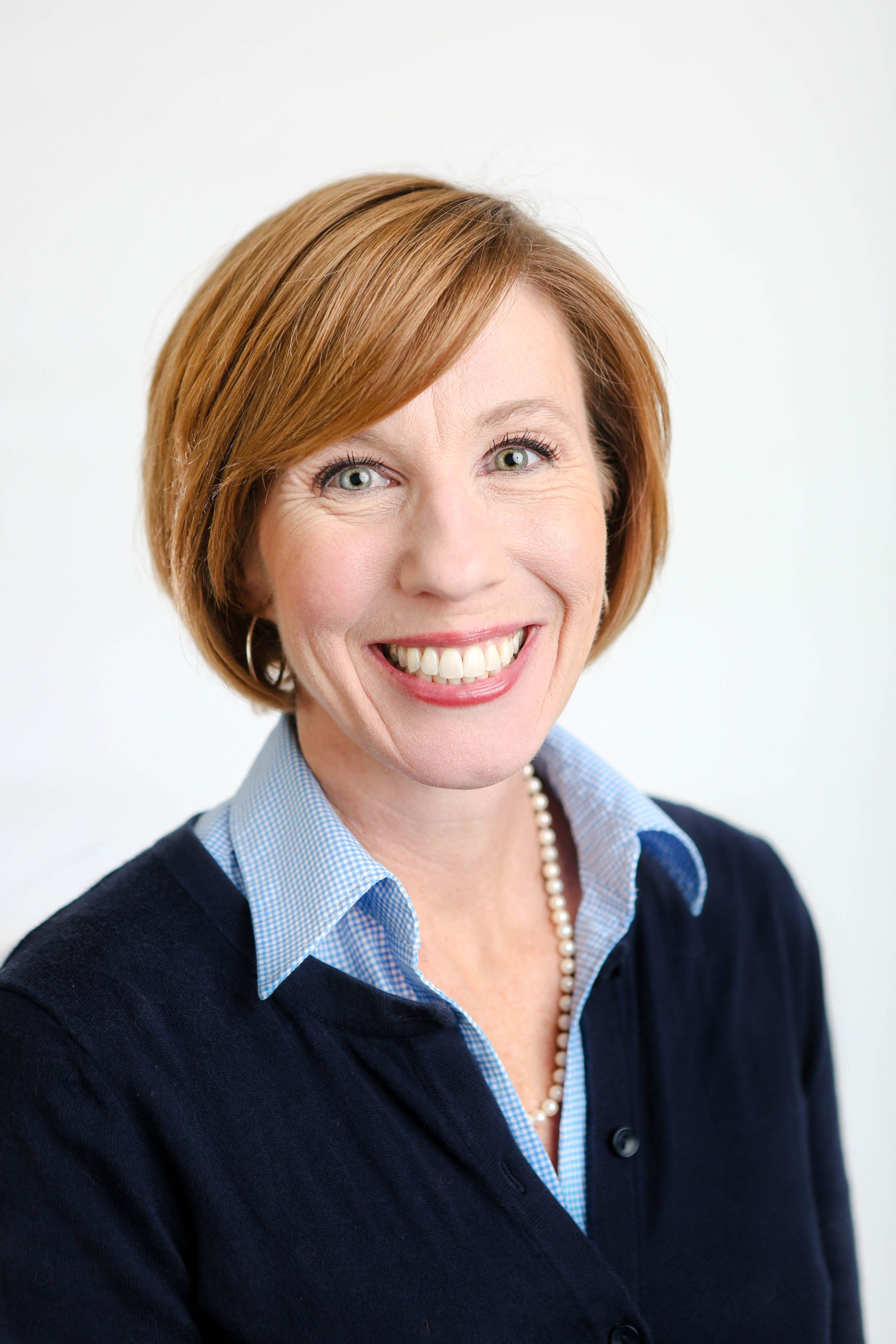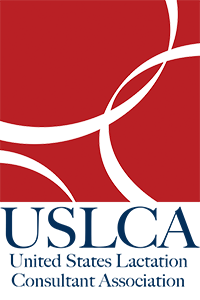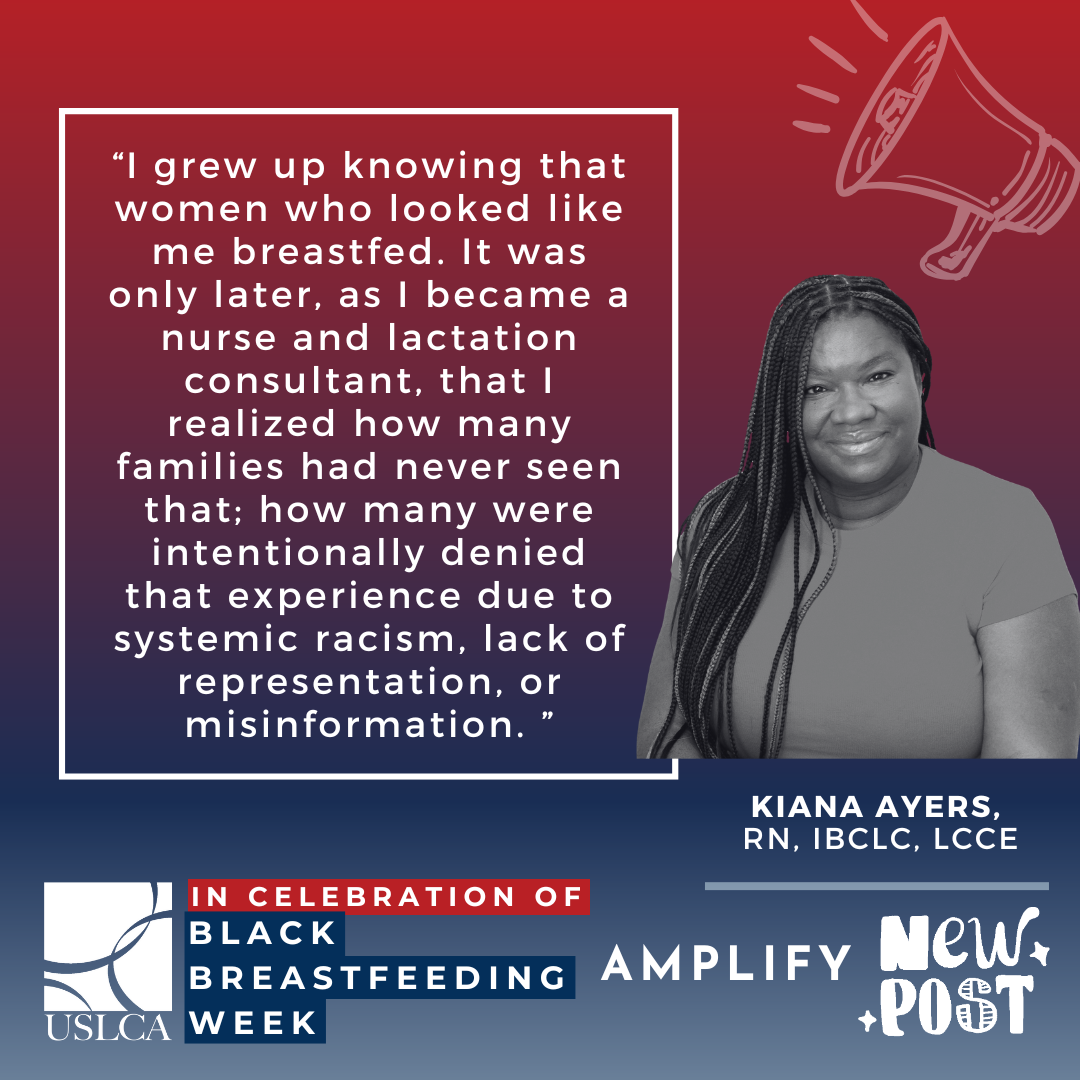By Lisa R. Miller, MA, IBCLC
September 8, 2021

I think we can all agree that postpartum depression (PPD) is a thief, too often stealing the joys of parenthood. When it occurs, it negatively affects entire families and, unfortunately, goes undiagnosed and untreated in many incidences. As lactation consultants, we are fortunate to spend time with patients and build trusting relationships. Our patients share their stories of PPD with us, and when they suffer, we share their pain. Diagnosing and treating PPD is way beyond our scope of practice, but we are not powerless to help. Lactation consultants work with families to overcome breastfeeding challenges and possess knowledge of an evidence-based, non-pharmacological intervention that may reduce the incidence of PPD: breastfeeding. Studies have shown that with frequent breastfeeding, parents are the recipients of improved mood and sleep. This occurs through a cascade of hormones released while breastfeeding, interrupting the cycle of depression.
As a practicing lactation consultant, I am moved by the perseverance and fortitude of the selfless parents I encounter. Many confide in me about their past struggles with PPD and fear that it will return. Others come to my office with breastfeeding problems or pain and lament that depression is casting a shadow over the joys of parenthood. These people motivated me to search for ways that I, and other lactation consultants, could ease their suffering and free them to relish parenthood.
Many of my patients and their families are surprised to learn that the hormones released while nursing may have an antidepressant-like effect. I explain that oxytocin and prolactin levels increase with breastfeeding and are associated with lower stress hormones, primarily cortisol. Parents find comfort in the knowledge that for many, their infant suckling at the breast may be powerful enough to calm them and enhance their feelings of relaxation.
Parents and their families are even more astonished to hear that an elevated prolactin level contributes to a parent’s mental wellbeing and is associated with deep restorative sleep. They look at one another with wonder when I tell them about the maternal sleep duration and wellbeing study conducted by Dr. Kendall-Tackett et al. (2011). According to their findings, exclusively breastfeeding mothers got significantly more hours of sleep, reported better physical health, more energy, and lower rates of depression compared to mothers who were partially breastfeeding or formula feeding their infants. “Who knew?” they often remark to one another. With this information, parents can be more informed when making sleeping arrangement decisions for their family.
I also share the findings of Hahn-Holbrook et al. (2013). Researchers followed study participants for 24 months after delivery and found that women who frequently breastfed at three months postpartum were less likely to have depression through the second year postpartum. Once again, hormonal changes and improved maternal sleep were among the mediators postulated by the authors for the protection against PPD. Recently, several other researchers have confirmed and strengthened these findings.
In addition to practicing clinically, I am a doctoral student. In preparation for my own clinical trial, I spend countless hours reading what other researchers have concluded about the relationship between PPD and breastfeeding. I’m fascinated by what we know, perplexed by the questions that remain unanswered, and driven by selfless parents who give so freely of themselves, even while many suffer in silence. As lactation consultants, we can’t diagnose or treat PPD, but our work improves breastfeeding outcomes, and by extension, mental health. As we connect the dots between breastfeeding and PPD, it becomes more and more apparent that we possess the wisdom and expertise to helps families avoid suffering. PPD is a thief, but successful breastfeeding can reduce the risk of it stealing the joys of parenthood.
Lisa’s Lactation Story: Lisa R. Miller, MA, IBCLC, graduated from The University of North Carolina, Greensboro with a BS in Nutrition and Dietetics and a Master of Arts in Applied Arts and Sciences, and is currently a Doctor of Health Sciences Candidate at Campbell University School of Pharmacy & Health Sciences. Lisa is a hospital-based Lactation Consultant and the State Coordinators’ National Liaison for Baby Café. She is a member of the Board of Trustees for Novant Health Thomasville Medical Center and the Chairperson of the Board of Directors for the Novant Health TMC Foundation. Lisa is a volunteer with the medical mission team, La Luz de Christo, and is currently mentoring an aspiring IBCLC in Nicaragua. Lisa’s research interests include nonpharmacological methods to decrease perinatal depression and incentives to improve breastfeeding outcomes
The content of this post does not imply endorsement and may not reflect the position of USLCA.



